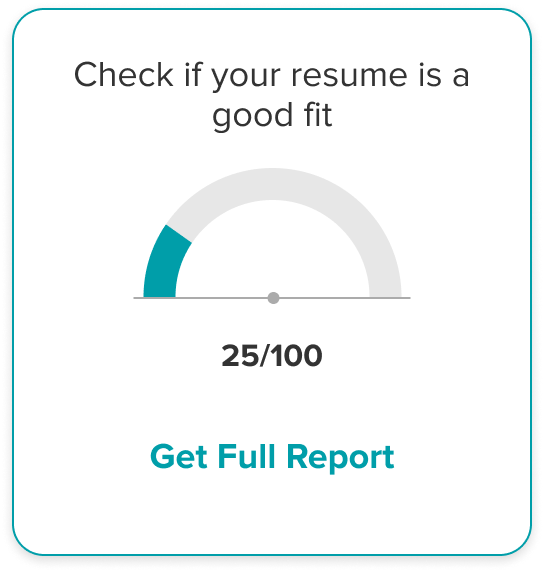Senior Software Engineer (Data Engineering)
What we are looking for
Equilibrium Energy is building the platform that will power the clean energy transition. As a Senior Data Engineer, you will play a critical role in shaping our long-term data architecture. You’ll lead the design and implementation of high-impact data initiatives that support energy trading, forecasting, and AI development.
This is a hands-on role that blends platform engineering, advanced data processing, and cross-functional collaboration. You’ll help scale our systems to enable near real-time decision-making and empower traders, data scientists, and operators to move faster with confidence.
What you will do
Design and implement the long-term data architecture using modern technologies and frameworks.
Build and maintain scalable ETL/ELT pipelines in Python, SQL, and dbt—ingesting data via APIs, web scraping, and streaming sources.
Develop and operate data pipelines using orchestration frameworks such as Temporal and Dagster.
Design data models and schemas for our cloud warehouse (Databricks) and relational databases; contribute to the development of our ML feature store.
Optimize workflows for performance and cost efficiency.
Drive large, cross-functional data initiatives from planning to execution.
Partner with AI and engineering teams to ensure high-quality datasets for machine learning and analytics.
Collaborate with product managers, scientists, and engineers to gather requirements and deliver robust data products.
Mentor other engineers in best practices for data ingestion, architecture, and scalable pipeline design.
Support the software testing cycle, debug code, and resolve issues found during QA or user acceptance testing.
The minimum qualifications you’ll need
Bachelor’s degree in Computer Science, Data Science, Engineering, or a related technical field.
6+ years of progressive experience in data or software engineering.
Advanced programming skills in Python and SQL.
Experience building globally distributed data systems and real-time pipelines.
Hands-on with orchestration/stream processing tools like Temporal, Dagster, Airflow, Spark, or Kafka.
Strong knowledge of relational and NoSQL databases (e.g., Postgres, MySQL, MongoDB, ElasticSearch, Cassandra).
Familiarity with data warehousing and cloud computing (Databricks and AWS preferred).
Experience mentoring engineers and providing architectural direction.
Strong analytical skills, with the ability to work with unstructured or ambiguous datasets.
Commitment to data quality, testing, and observability.
Experience with both OLTP and OLAP data processing systems
Nice to have additional skills
Experience with energy market data or weather data sources (e.g., NWS, NOAA, Yes Energy).
Experience using dbt for transformations and data quality checks.
Collaborating with data science teams to build and productionize ML pipelines.
Familiarity with DataOps practices and CI/CD for data workflows.
Knowledge of real-time data technologies, graph databases, or unstructured data processing.
Understanding of power systems, grid operations, or financial aspects of energy trading.
About the job
Apply for this position
Senior Software Engineer (Data Engineering)
What we are looking for
Equilibrium Energy is building the platform that will power the clean energy transition. As a Senior Data Engineer, you will play a critical role in shaping our long-term data architecture. You’ll lead the design and implementation of high-impact data initiatives that support energy trading, forecasting, and AI development.
This is a hands-on role that blends platform engineering, advanced data processing, and cross-functional collaboration. You’ll help scale our systems to enable near real-time decision-making and empower traders, data scientists, and operators to move faster with confidence.
What you will do
Design and implement the long-term data architecture using modern technologies and frameworks.
Build and maintain scalable ETL/ELT pipelines in Python, SQL, and dbt—ingesting data via APIs, web scraping, and streaming sources.
Develop and operate data pipelines using orchestration frameworks such as Temporal and Dagster.
Design data models and schemas for our cloud warehouse (Databricks) and relational databases; contribute to the development of our ML feature store.
Optimize workflows for performance and cost efficiency.
Drive large, cross-functional data initiatives from planning to execution.
Partner with AI and engineering teams to ensure high-quality datasets for machine learning and analytics.
Collaborate with product managers, scientists, and engineers to gather requirements and deliver robust data products.
Mentor other engineers in best practices for data ingestion, architecture, and scalable pipeline design.
Support the software testing cycle, debug code, and resolve issues found during QA or user acceptance testing.
The minimum qualifications you’ll need
Bachelor’s degree in Computer Science, Data Science, Engineering, or a related technical field.
6+ years of progressive experience in data or software engineering.
Advanced programming skills in Python and SQL.
Experience building globally distributed data systems and real-time pipelines.
Hands-on with orchestration/stream processing tools like Temporal, Dagster, Airflow, Spark, or Kafka.
Strong knowledge of relational and NoSQL databases (e.g., Postgres, MySQL, MongoDB, ElasticSearch, Cassandra).
Familiarity with data warehousing and cloud computing (Databricks and AWS preferred).
Experience mentoring engineers and providing architectural direction.
Strong analytical skills, with the ability to work with unstructured or ambiguous datasets.
Commitment to data quality, testing, and observability.
Experience with both OLTP and OLAP data processing systems
Nice to have additional skills
Experience with energy market data or weather data sources (e.g., NWS, NOAA, Yes Energy).
Experience using dbt for transformations and data quality checks.
Collaborating with data science teams to build and productionize ML pipelines.
Familiarity with DataOps practices and CI/CD for data workflows.
Knowledge of real-time data technologies, graph databases, or unstructured data processing.
Understanding of power systems, grid operations, or financial aspects of energy trading.
